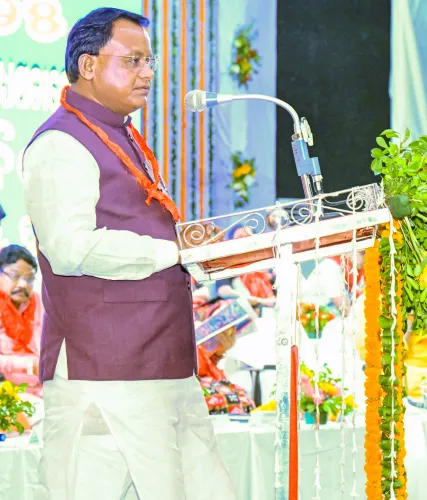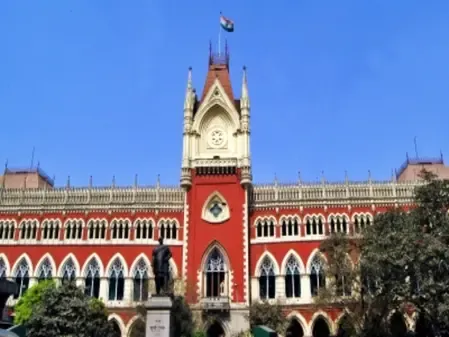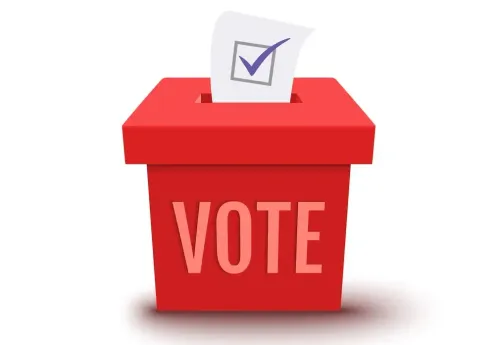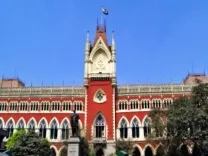Did Shehbaz Sharif Threaten India in His UN Speech?
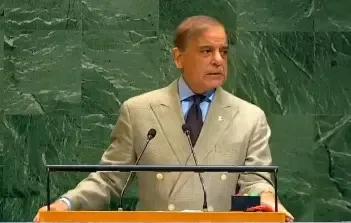
Synopsis
Key Takeaways
- Sharif's threats towards India raise concerns about regional stability.
- The military's influence in Pakistan's politics is evident.
- Linking Kashmir with Palestine reflects a broader political strategy.
- Praising global leaders like Trump and Xi shows Sharif's diplomatic approach.
- International responses will shape future relations in South Asia.
United Nations, Sep 26 (NationPress) In a sabre-rattling address to the General Assembly on Friday, Prime Minister Muhammad Shehbaz Sharif of Pakistan issued threats towards India while also lauding the military leadership of his country, revealing the true influences behind the scenes.
He warned of a potential attack on India, claiming it was in defense of Pakistan's rights to the Indus waters, describing India's actions as an “act of war.”
Sharif asserted that Pakistan emerged victorious in the May conflict with India, portraying a narrative of strength; however, it was actually Major General Kashif Abdullah, the Director General of Military Operations, who reached out to his Indian counterpart, Lieutenant General Rajiv Ghai, to propose a ceasefire.
In addition to his military leaders, Sharif expressed admiration for US President Donald Trump and China's President Xi Jinping.
In a bid to flatter Trump, he claimed that Trump averted a “catastrophic” war, which served as the rationale for Pakistan’s nomination of him for a Nobel Prize.
Sharif also thanked Trump for engaging with Arab nations and other Muslim-majority countries during this week’s UN session.
He praised Xi for his “vision and foresight.”
Following his criticisms of India, Sharif turned his attention to Israel, labeling it as “genocidal” and accusing it of “unleashing unspeakable terror.”
He attempted to conflate the Kashmir issue with Palestine, criticizing India over Kashmir while drawing parallels.
Sharif invoked a Security Council resolution that calls for a plebiscite in Kashmir, which simultaneously demands that Pakistan withdraw its armed forces, tribesmen, and civilian intruders from the region.


